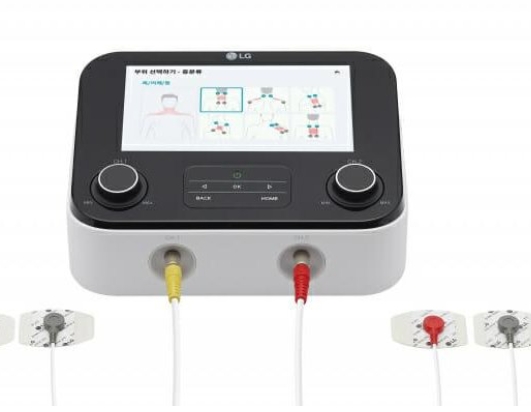The future of healthcare is being shaped by digital medical devices that offer more personalized and efficient care for patients. From wearable fitness trackers to smart insulin pumps, these devices are revolutionizing the way we monitor and treat medical conditions.
Improving Patient Care
Digital medical devices are helping to improve patient care in a variety of ways. Patients can now track their own health data, such as heart rate and blood sugar levels, in real-time. This data can be shared with healthcare providers, allowing for more personalized and timely interventions.
Increasing Efficiency
Digital medical devices are also increasing efficiency in healthcare settings. For example, smart pill dispensers can help patients remember to take their medications on time, reducing the risk of missed doses and improving overall medication adherence. This can lead to better health outcomes and lower healthcare costs.
Empowering Patients
Another key benefit of digital medical devices is that they empower patients to take control of their own health. By providing patients with real-time data and feedback, these devices can help patients make more informed decisions about their health and wellness. This can lead to improved self-management of chronic conditions, such as diabetes and hypertension.
Challenges and Opportunities
However, the rise of digital medical devices also poses challenges for healthcare providers and policymakers. Issues such as data privacy, interoperability, and regulatory oversight need to be addressed to ensure that these devices are safe and effective for patients.
Despite these challenges, the future of healthcare looks bright with the continued development and adoption of digital medical devices. With the potential to improve patient care, increase efficiency, and empower patients, these devices will play a key role in shaping the future of healthcare for years to come.

